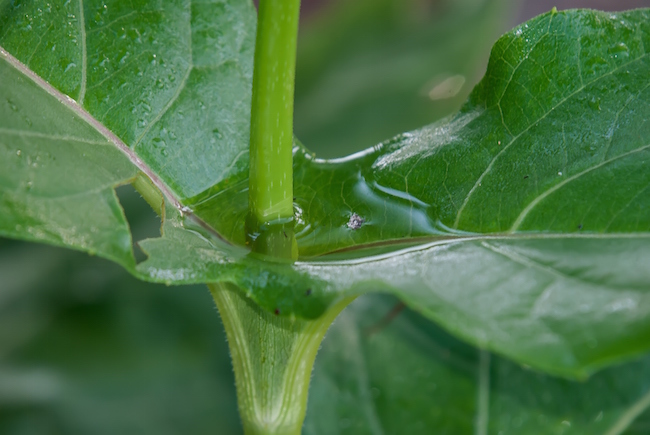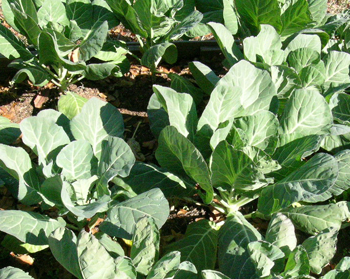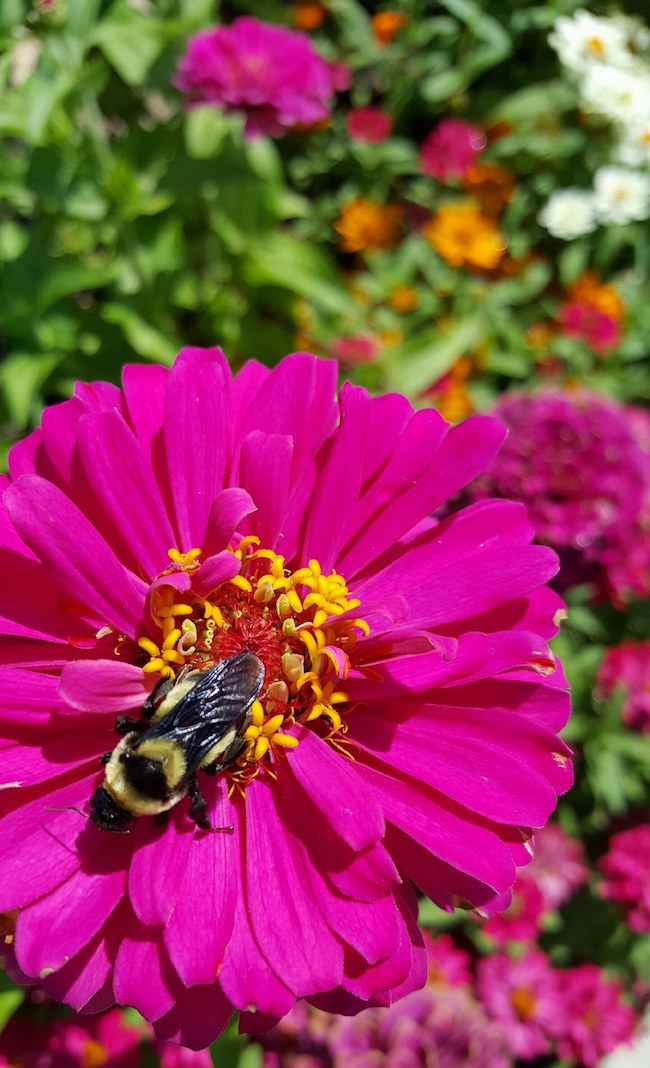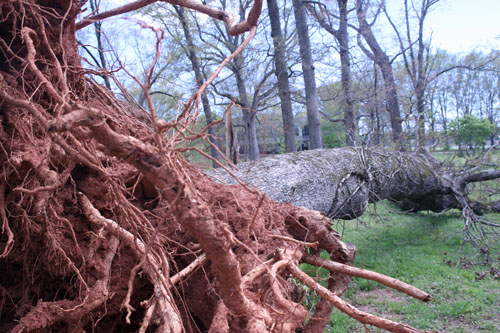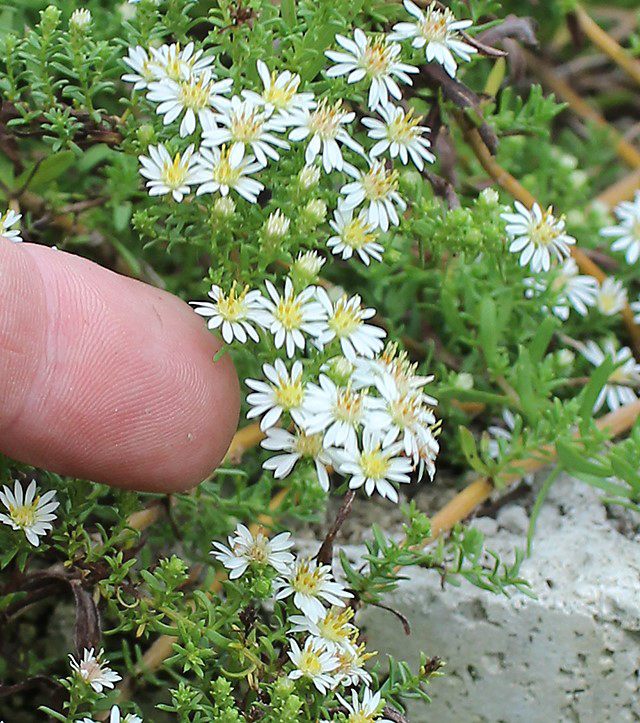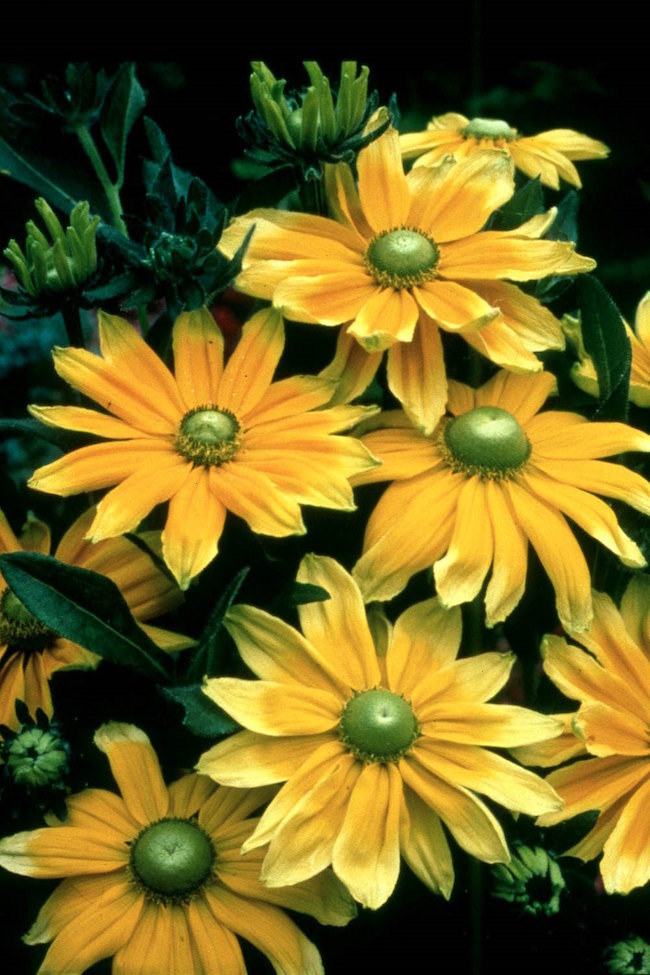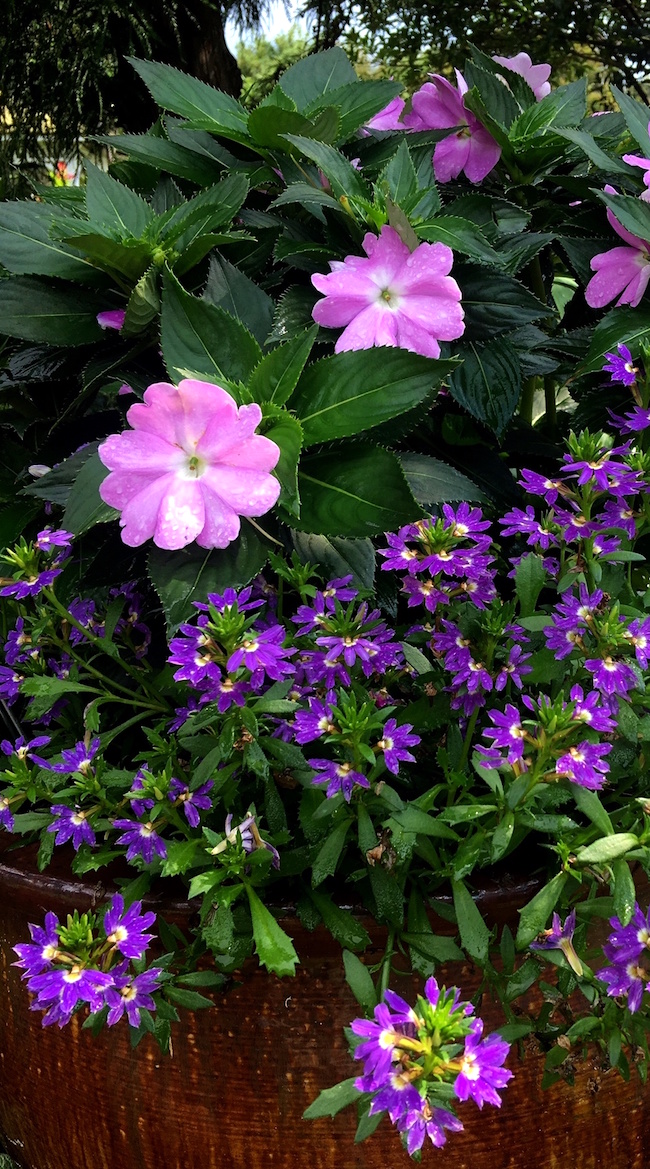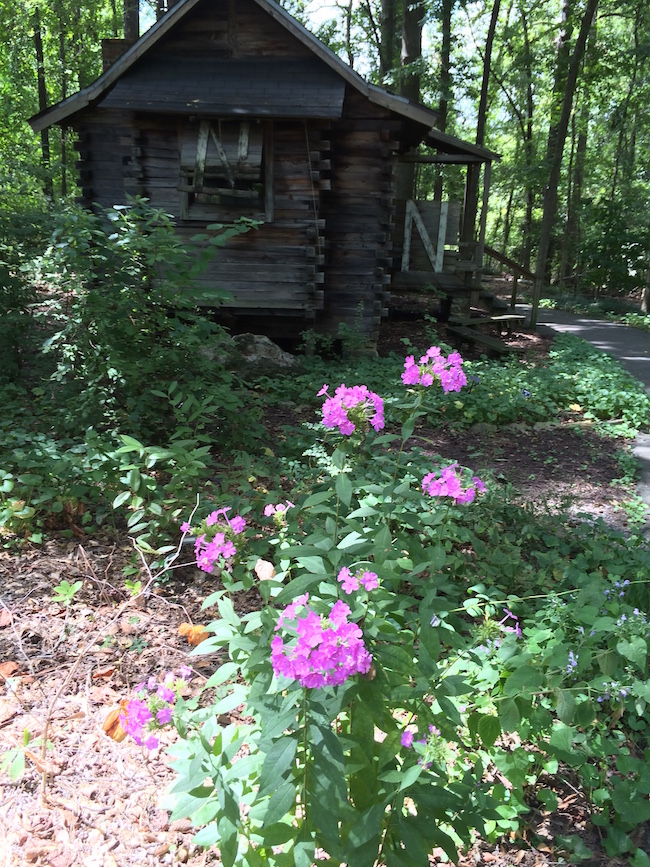 CAES News
CAES News
Native Plant Garden
The Native Plant Garden at the Museum of Arts and Sciences in Macon, Georgia, once thrived on the campus of Wesleyan College. A group of University of Georgia volunteers relocated it so that visitors to the museum can learn about native plants.

